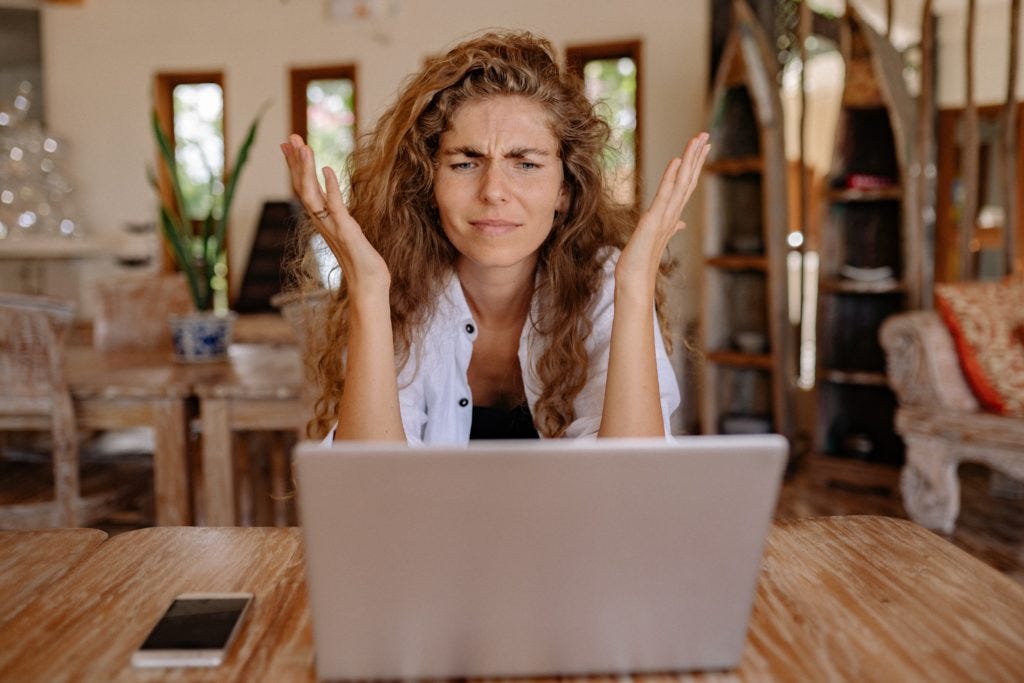Why Not Assess EAPs like We Assess Online Therapy?
Is our problem "The Failed Promise of Online Mental Health Treatment" or the failed promise of mental health treatment in general?
The Wall Street Journal recently published an article about the underbelly of "online mental health" treatment, pinpointing as a driver this:
...Sensing opportunity, investors last year poured $4.8 billion into startups offering digital mental-health services.
After the Gold Rush?
Some of us refer to this as the Mental Health Gold Rush, which doesn't stop at online therapy platforms.
Indeed, in the context of employee mental health, it may be beneficial to compare these online platforms to their traditional EAP counterparts.
The article describes intake team members and therapist networks for whom "training is minimal." Unacceptable? Absolutely. Employers and employees should accordingly ask their (external, US-based) EAPs how they train the therapists in their network.
It also describes the platforms' egregious, tragic efforts in matching care-seekers to appropriate therapists (e.g. based on LGBTQ-based needs). Let's ask... How well do our EAPs do this? What are their provider/client matching systems? What processes assure those algorithms work optimally?
Similar questions can be asked about resources for clinical oversight, and some can even be asked about care obtained outside the employer relationship (i.e. care seekers who find and pay for therapists on their own).
The WSJ article wasn't specifically about employer-sponsored care, and consequently didn't warrant comparison to EAPs. Either way, its anecdotes demand attention.
It would also be useful to see a follow-up that addresses online therapy's outcomes compared to benchmarks, as well as access to care. Is our problem "The Failed Promise of Online Mental Health Treatment" or the failed promise of mental health treatment in general?
P.S. The WSJ article noted celebrity endorsements of online therapy platforms. I find all the endorsements by athletes, actors, pop stars, and royals to be objectionable. But I'm generally bewildered by our obsession with celebs.




